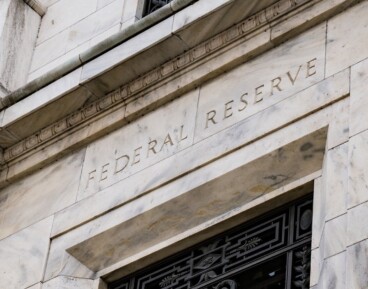Jak rząd USA mógłby zmienić Rezerwę Federalną
Kategoria: Analizy
Marc Faber was on CNBC talking about the intersection of asset markets with monetary policy. His view is that the Fed will be accommodative for the indefinite future, resulting in a move into riskier assets by investors starved for real returns in fixed income. This could be a boon for asset markets in nominal terms. He believes that, while the Fed may raise rates, it will continue to be behind the curve. This policy will act as a tax on consumers as price inflation of basic necessities will run well ahead of the rise in wages.
I should note that the discussion of hard-working rich people versus lazy poor people is not a view I share. You can see Becky Quick’s viscerally negative reaction to his comments at about the 9 minute mark. I applaud her pushback on this score. All too often wealth is accumulated illegitimately through connections.
Faber makes an argument that enables the deception I have dubbed corporatism masquerading as liberty. Moreover, the undertones are offensive. Faber is making a manifest destiny type of argument based on a belief in the so-called protestant work ethic. Essentially, Faber is implying that wealth is usually the visible manifestation of a strong work ethic whereas poverty could be considered a visible manifestation of the opposite. Am I reading this wrong? And if so, how do we explain the bailouts based on this? The logic simply doesn’t hold together.
I agree with Faber, however, that inflating the money supply acts as a hidden tax that redistributes wealth via asset markets.
On the whole, this has to rate as one of Faber’s worst performances, in my view.


